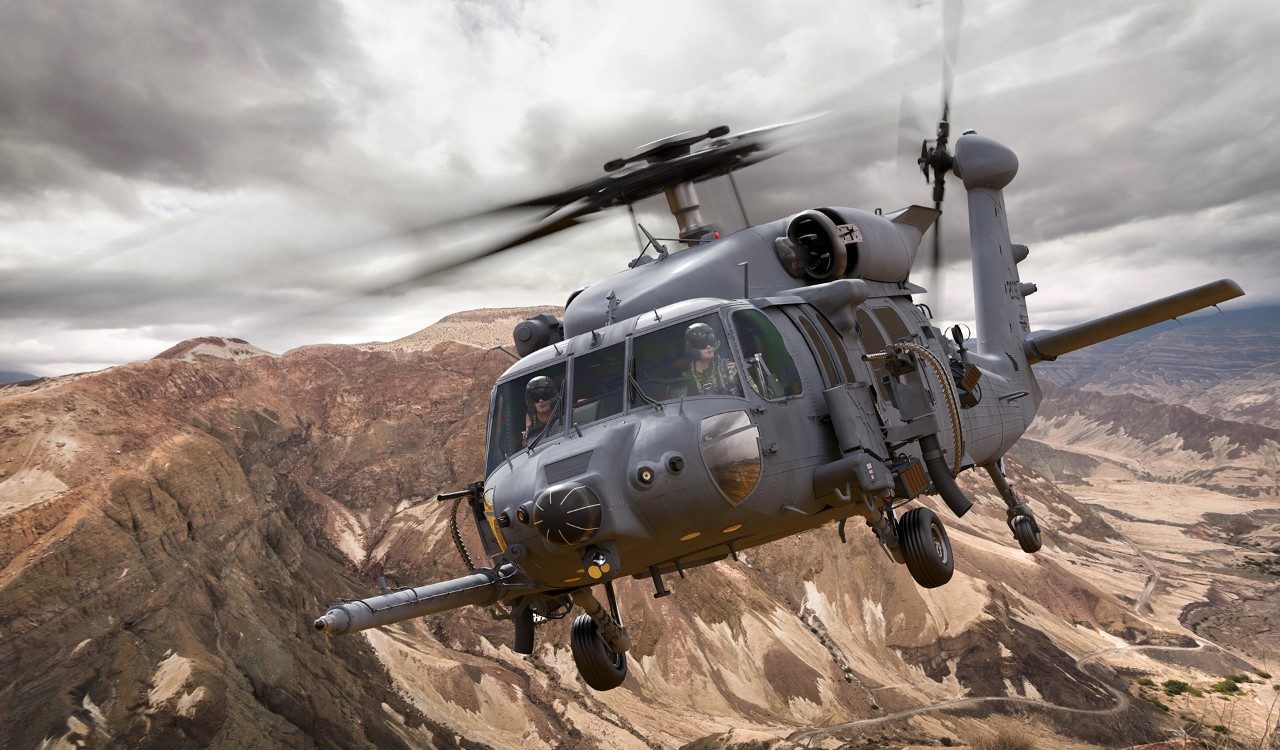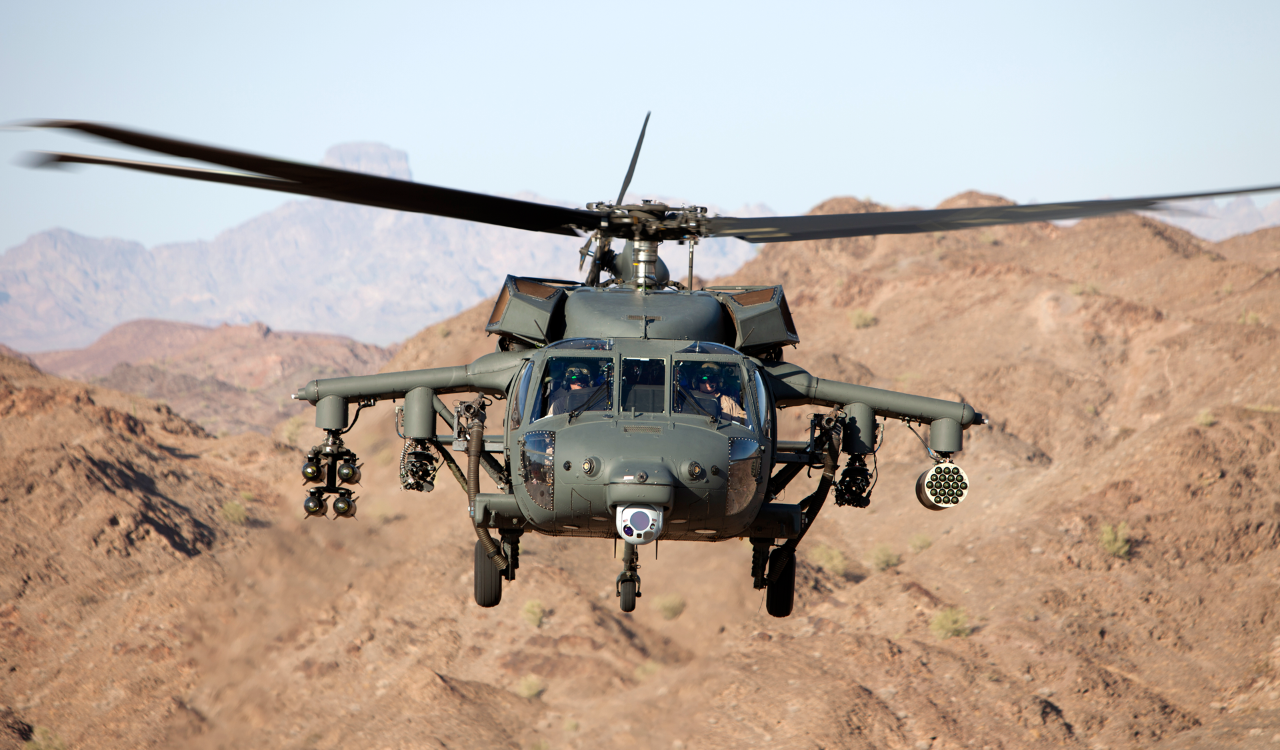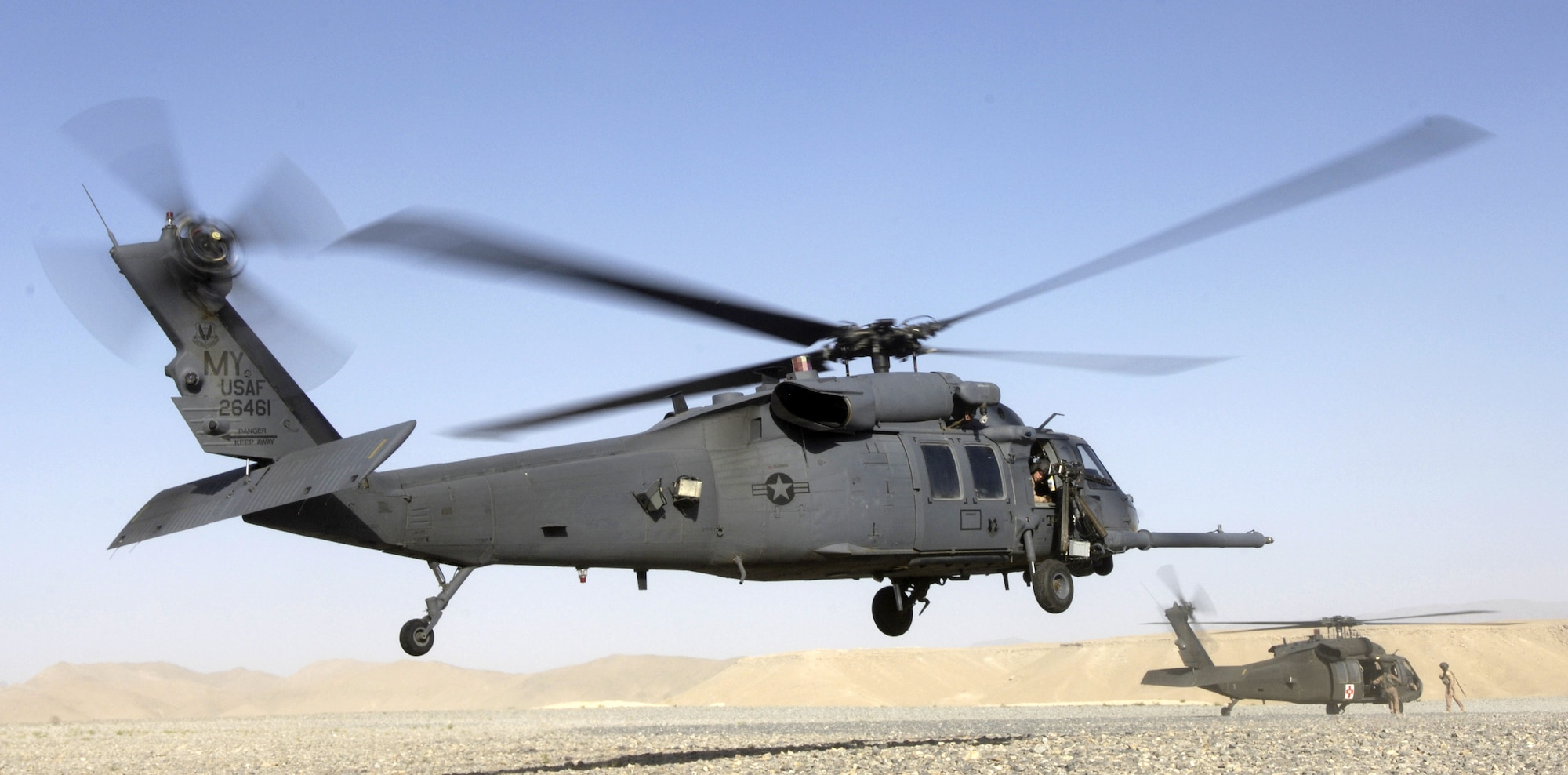UH 60 Helicopter: Advanced Avionics and Fight Solutions
UH 60 Helicopter: Advanced Avionics and Fight Solutions
Blog Article
The Effect of Lasting Practices on the Future of Airplane Procedures and Emissions Reduction
As the aeronautics market faces enhancing analysis over its environmental influence, the adoption of lasting practices becomes a crucial pathway towards future airplane operations and discharges decrease. Technologies in lasting aviation fuels and advancements in crossbreed propulsion innovations stand at the center of this makeover, encouraging significant decreases in greenhouse gas exhausts. The successful assimilation of these campaigns pivots on a variety of elements, including regulatory frameworks and industry collaboration. The concern continues to be: just how will these progressing techniques improve the characteristics of air traveling and add to an extra sustainable future?

Review of Lasting Practices
Lasting techniques in aircraft operations include an array of techniques aimed at reducing ecological effect while preserving functional effectiveness. These methods are crucial in the aeronautics sector's dedication to decreasing its carbon impact and sticking to worldwide ecological standards. Trick initiatives include maximizing flight paths to decrease gas usage, improving upkeep procedures to guarantee airplane run at peak efficiency, and executing advanced modern technologies such as winglets and light-weight products that boost the rules of aerodynamics.

Involving and training team on sustainability methods likewise play an important function, cultivating a culture of ecological duty within organizations. Overall, the assimilation of these sustainable practices not just helps in reducing discharges however likewise improves the long-lasting viability of the aeronautics industry, guaranteeing it meets the needs of both clients and regulatory bodies while adding to global sustainability goals.
Ingenious Fuel Alternatives
Various innovative gas choices are becoming essential options to decrease the aeronautics sector's reliance on standard nonrenewable fuel sources. Among these choices, Sustainable Aeronautics Fuels (SAFs) have actually acquired considerable interest due to their potential to lower lifecycle greenhouse gas emissions by approximately 80% contrasted to conventional jet fuels. SAFs are stemmed from numerous feedstocks, consisting of waste oils, farming deposits, and even algae, making them a flexible alternative for the industry.
One more appealing choice is hydrogen fuel, which, when used in fuel cells, generates only water vapor as a byproduct. Furthermore, electrical propulsion systems are being discovered, leveraging battery technology to power airplane.
Last but not least, biofuels stemmed from biomass are being explored, supplying an eco-friendly alternative that can be blended with typical fuels. Jointly, these ingenious fuel options represent a vital step toward achieving a sustainable air travel environment, aligning with worldwide emissions reduction targets and improving the market's ecological stewardship.
Technical Advancements in Air Travel

Exactly how can technical improvements reshape the future of aeronautics? The assimilation of innovative technologies is critical in changing aircraft operations, boosting effectiveness, and lowering exhausts. Developments such as click this site hybrid and electric propulsion systems go to the center, appealing considerable decreases in fuel intake and greenhouse gas discharges. These systems utilize developments in battery technology and energy administration, allowing airplane to run with a reduced environmental impact.
Additionally, the application of advanced products, such as lightweight composites, adds to boosted the rules of aerodynamics and fuel efficiency. Making use of expert system and maker knowing in trip operations optimizes route preparation and decreases fuel melt by enabling real-time adjustments based upon weather and website traffic conditions. In addition, the growth of autonomous and remotely piloted airplane systems stands to transform freight and traveler transport, potentially boosting efficiency while lessening human error.
Moreover, lasting aviation modern technologies, consisting of advanced air website traffic management systems, can enhance operations and minimize congestion, causing lower emissions during flight. These improvements jointly represent a paradigm shift in air travel, assuring a future where sustainability and operational performance are intertwined, therefore sustaining the industry's dedication to reducing its ecological impact.

Regulatory Framework and Compliance
In light of the growing focus on environmental stewardship within the air travel market, the regulative framework governing airplane operations is developing to promote sustainable practices. Regulatory bodies, such as the International Civil Air Travel Organization (ICAO) and different national air travel authorities, are introducing stringent standards aimed at lowering discharges and boosting operational performance.
These policies often include the fostering of Lasting Air travel Fuel (SAF), which has actually visit our website been recognized as an essential element in achieving lower carbon impacts. Compliance with these guidelines needs airlines to carry out innovative technologies and operational methods, such as enhanced trip courses and improved air web traffic monitoring, to lessen gas intake.
Additionally, the enforcement of discharges trading plans and carbon countering initiatives is ending up being progressively widespread, compelling airlines to keep track of and report their discharges precisely. Non-compliance can lead to substantial fines, hence pressing operators to focus on sustainability in their service versions.
Eventually, the evolving regulative landscape not just drives innovation and financial investment in environment-friendly modern technologies yet additionally cultivates a society of liability within the aeronautics market. As these structures remain to establish, the focus on sustainable practices will certainly be indispensable to attaining the field's lasting ecological goals.
Future Trends in Airplane Operations
As the aeronautics sector adapts to a progressively rigid regulative atmosphere, future patterns in aircraft procedures are established to concentrate on innovative options that further improve sustainability and efficiency - uh 60. Key developments will likely include the adoption of innovative air web traffic management systems, which use real-time data and man-made knowledge to maximize flight courses, lowering gas consumption and discharges
An additional considerable trend is the raised combination of lasting air travel fuels (SAFs) These choices to traditional jet gas, stemmed from eco-friendly resources, can considerably decrease lifecycle greenhouse gas emissions. The industry's dedication to SAFs will likely accelerate as airline companies work together with gas producers to guarantee availability and cost-effectiveness.
Additionally, the push in the direction of electrification and crossbreed propulsion systems is obtaining energy. Arising airplane styles will certainly incorporate these innovations, supplying quieter and a lot more effective operations, especially for short-haul flights.
Verdict
The adoption of lasting air travel gas, combined with advancements in hybrid and electric propulsion systems, is essential for lessening lifecycle greenhouse gas emissions. official statement Maximizing flight courses and accepting cutting-edge innovations add to a quieter and much more ecologically friendly air travel industry.
Developments in sustainable aviation fuels and innovations in hybrid propulsion modern technologies stand at the forefront of this improvement, encouraging considerable decreases in greenhouse gas emissions.Various innovative fuel choices are emerging as critical solutions to reduce the aviation industry's reliance on conventional fossil fuels - uh 60. Among these choices, Lasting Aeronautics Fuels (SAFs) have actually gained considerable interest due to their potential to lower lifecycle greenhouse gas exhausts by up to 80% contrasted to conventional jet fuels.One more significant fad is the enhanced combination of lasting air travel gas (SAFs) The fostering of sustainable air travel fuels, combined with improvements in electrical and hybrid propulsion systems, is vital for reducing lifecycle greenhouse gas exhausts
Report this page